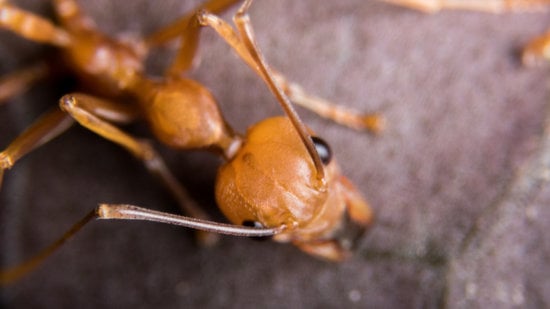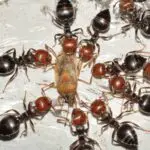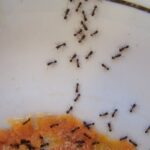Can Ants Cause Hives?
Almost all ant bites are harmless, but some may cause an allergic reaction. These can be severe and life-threatening.
The first symptom of an ant bite is itching. If itching is severe, oral antihistamines may help. The itching usually ends after the first 24 hours. Afterwards, swelling may appear. This swelling can last for several days. Occasionally, it may become infected.
A few hours after the ant bite, a small blister may form. The pus inside the blister is dead tissue. The pustule is itchy and may need to be cleaned to avoid an infection.
If the pustule is not cleaned, a secondary bacterial infection may occur. In such cases, antibiotic ointment may be applied for 1 or 2 days.
After a few days, the swelling will reduce. Some swelling may last up to a week, while some may last up to three days.
If the swelling is severe, the bite may need to be treated with steroids. A non-prescription 1% hydrocortisone cream may help. If the swelling continues, epinephrine (EpiPen) may be needed. This can reverse the effects of the ant bite.
If you’re experiencing a severe allergic reaction, you should contact your health care provider immediately. An EpiPen is a life-saving device that can be used to reverse an allergic reaction. You should also call 911 immediately for life-threatening injuries.
A severe allergic reaction may cause anaphylaxis. This reaction occurs in 3% of adults and 1 to 2% of children. The reaction may include swelling, redness, and hives. It may also cause breathing problems and dizziness.








